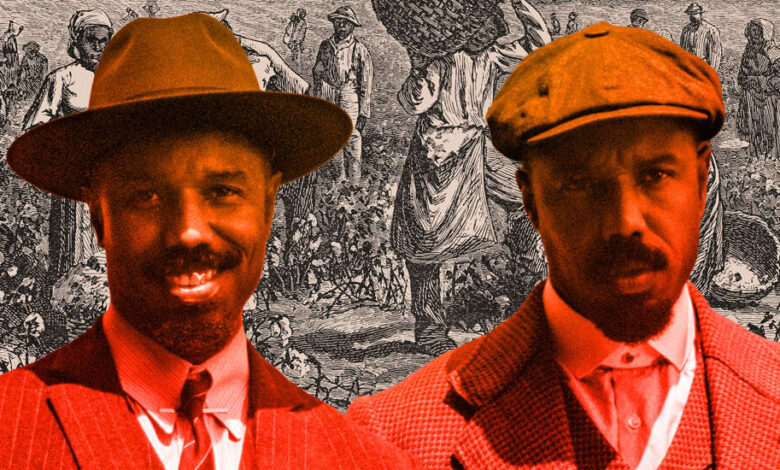Opinion | Ryan Coogler’s ‘Sinners’ Deal Made Hollywood Lose Its Mind

When asked about the coverage on the “Democracy Now!” program, Mr. Coogler said, “I think a lot has been made of my deal in particular,” adding, “I’ve been in this industry long enough to know what kinds of deals are possible, and nothing in this deal is a new thing.” When the interviewer asked Mr. Coogler why he thought his agreement was drawing particular scrutiny, he laughed and responded, “I’d rather not say.”
And in fact his copyright arrangement is unusual, but not unprecedented. Quentin Tarantino secured a copyright-controlled deal for “Once Upon a Time … in Hollywood.” Similarly, in news media coverage at the time, nobody treated similar deals for Mel Gibson, Richard Linklater and Peter Jackson with such alarm, or even interest. Why is it somehow out of line for a bankable auteur like Mr. Coogler, who has a $2.5 billion track record with box office juggernauts like the “Black Panther” and “Creed” franchises?
Instead of viewing Mr. Coogler’s contract as a threat, why not criticize a movie industry that has exploited Black talent since it began? Again, I know the answer, which is why I do not see Mr. Coogler’s deal as a threat to what the Vulture article termed the “time-honored industry power balance.” The power was never in balance for Black people to begin with.
There is a goosebumps-inducing monologue early in “Sinners” by the old bluesman Delta Slim, riding in a car with Stack and Sammie as they pass a chain gang of Black prisoners. Delta Slim recalls his Black friend who tried to save money honestly and move away from Mississippi only to be castrated and lynched by the Ku Klux Klan for the audacity of wanting more for himself. Slim’s poetic speech of sorrow breaks into a dirge as his grief-drunk words dissipate into waves of uncontrollable moans, overtaken by a thunderhead of concentrated anguish as the groans morph into the bent, blue notes of the blues. Delta Slim slaps his thigh repeatedly like a bass drum — beat after beat after beat — an ancestral boom that resonates with the call-and-response reverberations in the leftover rhythms from the chain gang’s pounding hammers made into instruments to communicate to one another across the landscape of pain.
Having the power and privilege to make your own decisions is a central narrative struggle in “Sinners.” Throughout the film, characters are making and breaking deals, negotiating their needs and desires for money, sex, power, family, love, escape, music and freedom. In an early scene, Smoke asks a Black girl to watch his car and cargo for a small fee, and then teaches her how to negotiate: to never settle with the first offer, but to counteroffer, know her worth and ask for more.




